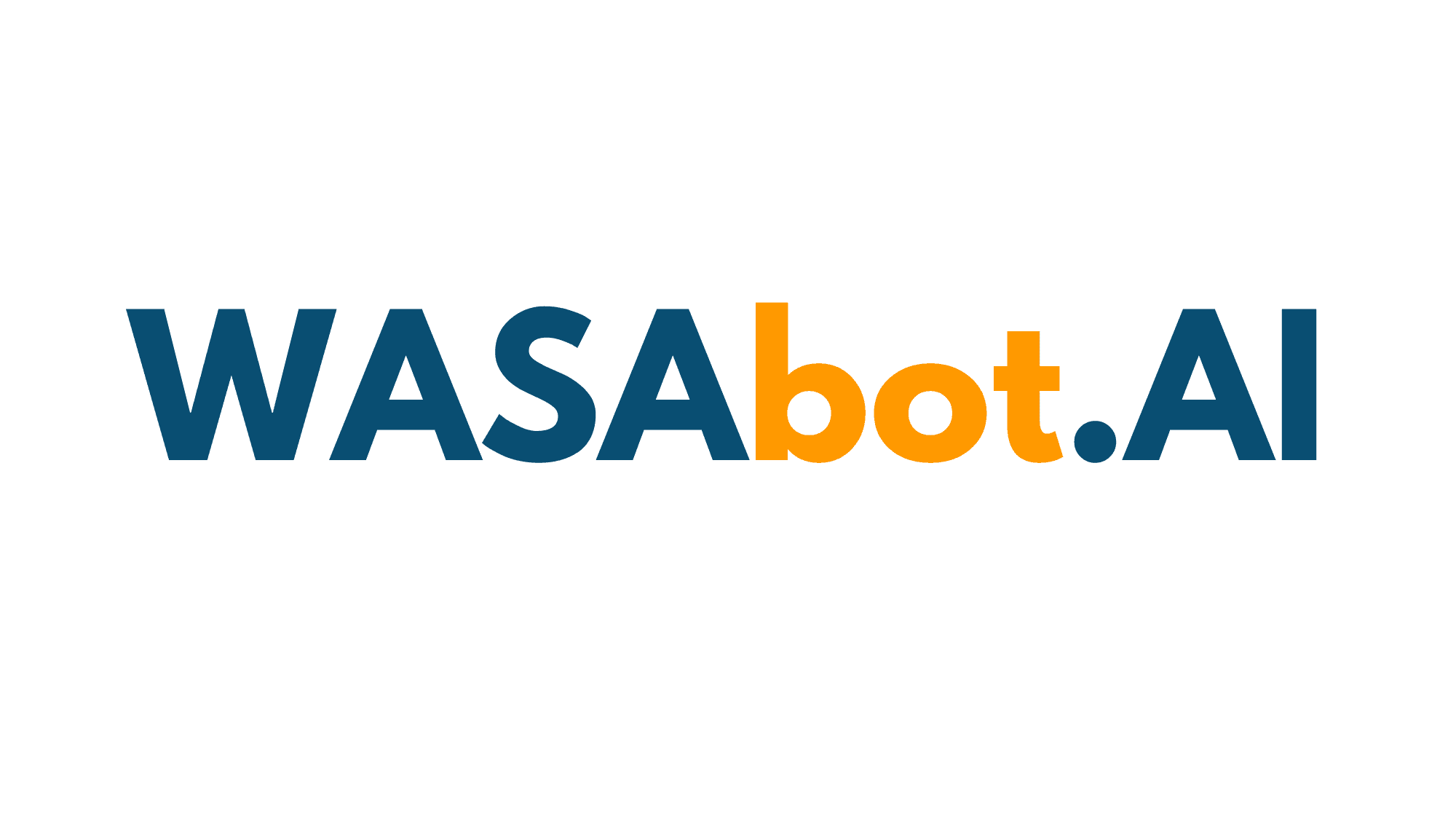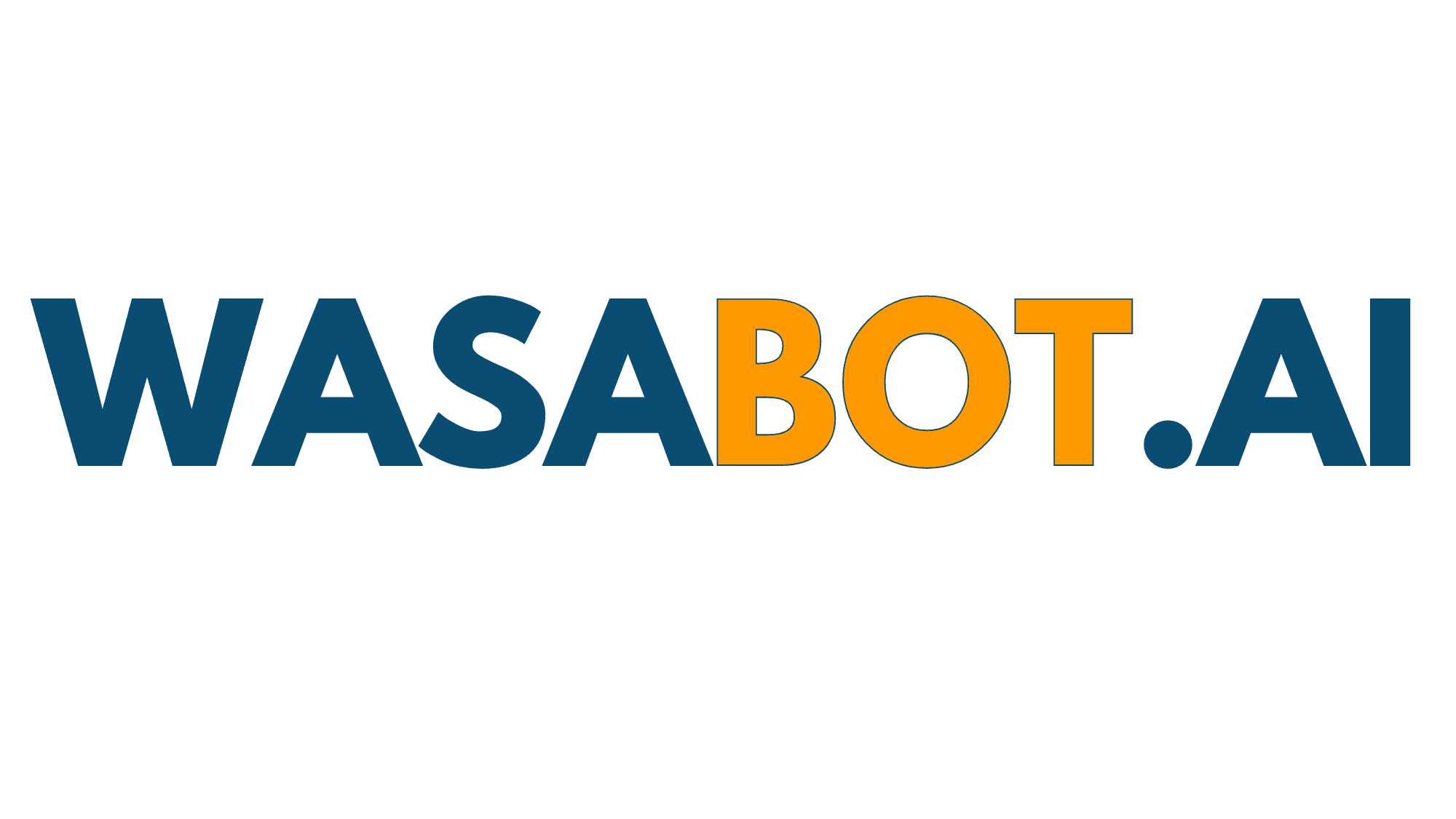AI in 5 Read More
AI in 5 Read More
AI in 5 Read More
AI in 5 Read More
AI in 5 Read More
From Cheat to Champion: How ChatGPT Saves Teachers Time
Artificial intelligence in schools has evolved drastically: once seen as a cheating risk, ChatGPT and similar tools are now valued by educators as time-saving allies. A recent Associated Press report cites a Gallup and Walton Family Foundation survey showing that 60% of U.S. K–12 public school teachers used AI tools during the 2024–2025 school year—and regular users estimate they save up to six hours per week on tasks like lesson planning, grading, and administrative work Vox+11Business Insider+11Boyle Heights Beat+11THE DECODER+4AP News+4NBC Chicago+4.
This shift is part of a broader movement. Many teachers—from Ana Sepúlveda in Dallas to Mary McCarthy in Houston—now turn to AI to craft creative, personalized lessons and regain work-life balance Courthouse News+5AP News+5cambiadigital.com+5. Wired reports that educators are leveraging AI for quizzes, differentiated materials, and content adaptation, especially to support diverse learning needs Axios+15wired.com+15Jagranjosh.com+15. States are beginning to roll out guidelines and training to ensure AI is used ethically and complements, rather than replaces, teacher judgment AP News+2Inc.com+2.
For educational leaders, the message is clear: it's time to shift from banning to embracing—but with intentional policies, professional development, and a focus on preserving student critical thinking. Teachers deserve tools that amplify their impact while respecting the essence of teaching.
From Cheat to Champion: How ChatGPT Saves Teachers Time
From Cheat to Champion: How ChatGPT Saves Teachers Time



The Washington Association of School Administrators (WASA) is an organization anchored in leadership, trust, and advocacy. WASA is, first and foremost, about leadership for equity and excellence for all students.

